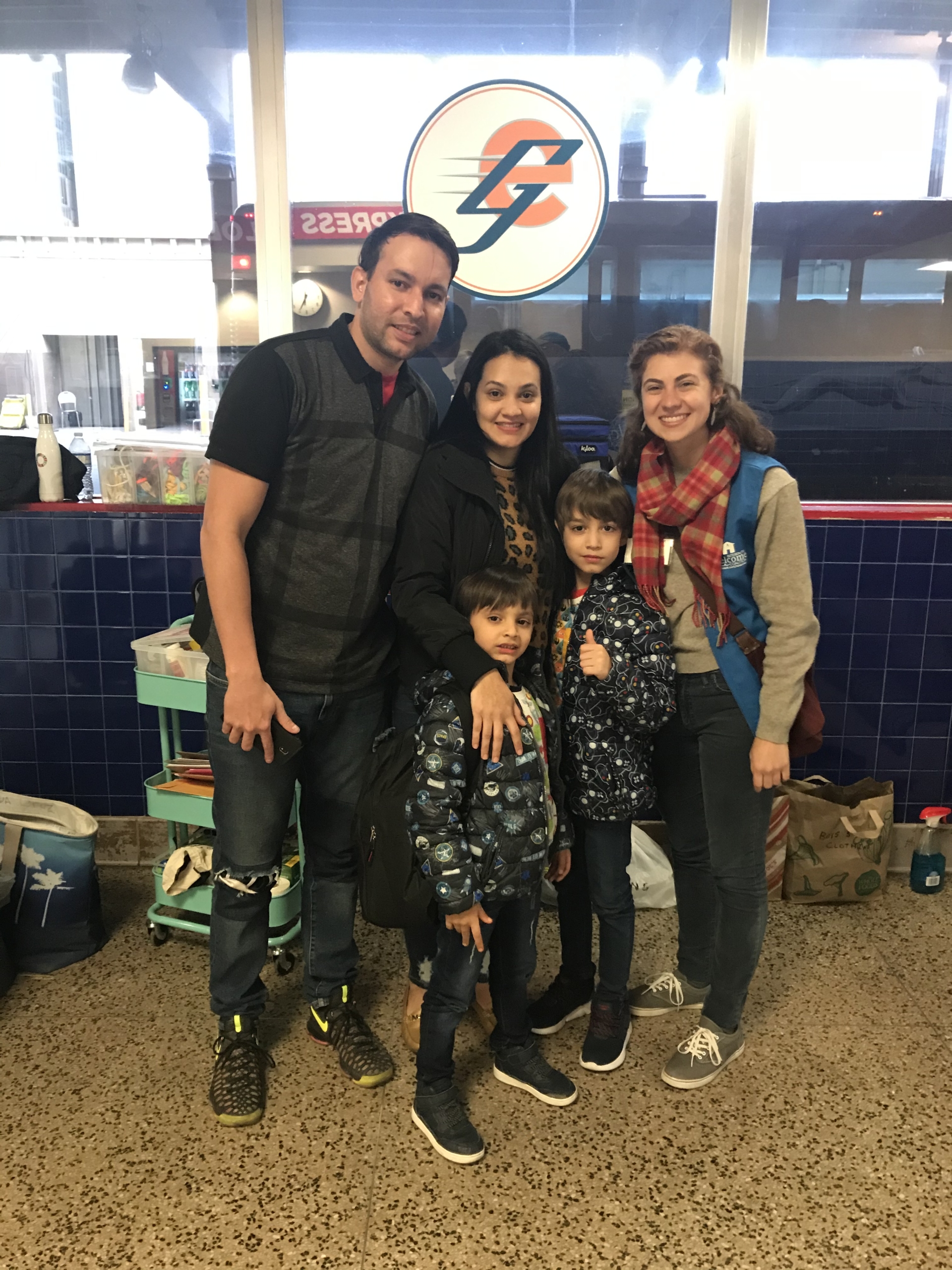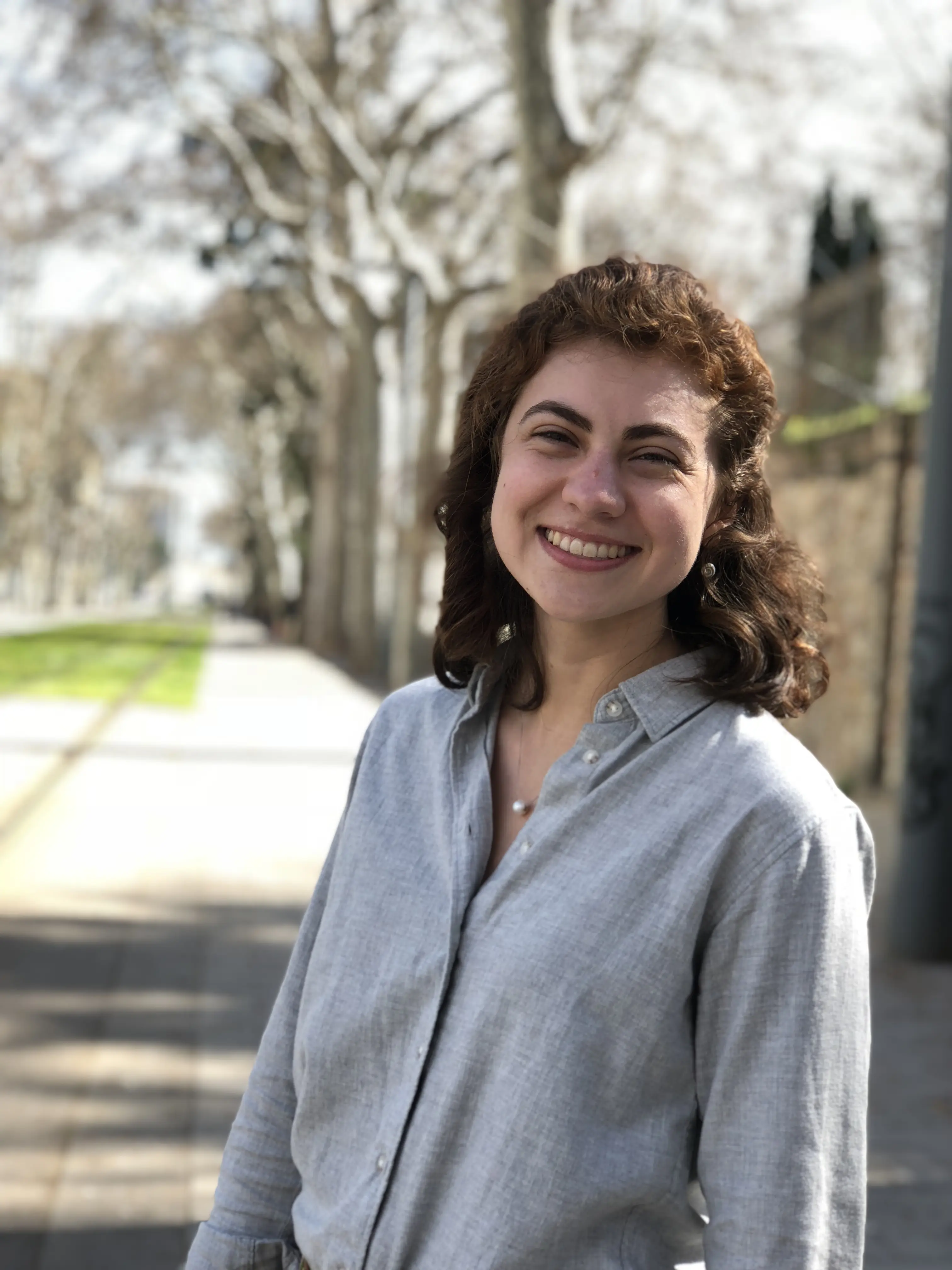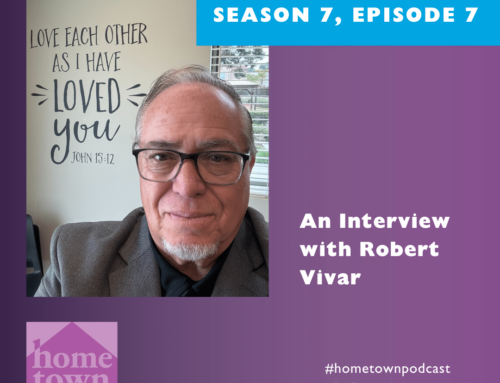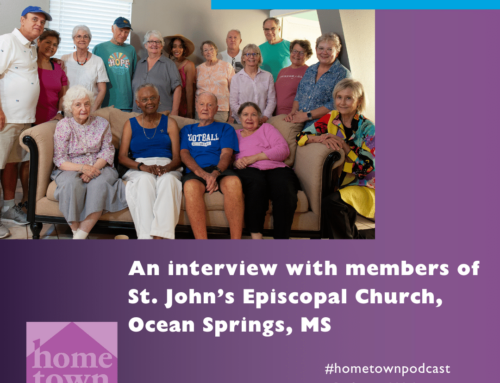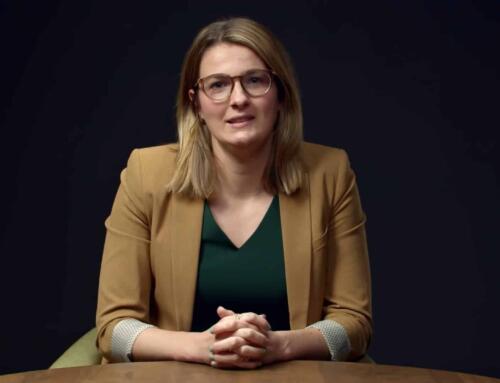A reflection from Tatiana Hoecker
For the past year, I have been a volunteer with the Interfaith Welcome Coalition (IWC) at the Greyhound Bus Station in San Antonio, Texas. IWC aids asylum-seeking families by helping coordinate bus ticket purchases and routes as well as provide backpacks and food to families for their journey. Before the Migration Protection Protocols (MPP) were put in place, we used to see 50 families a day go through the bus station. Now we average about five families a day. However, the slowdown in families has given the volunteers more time to talk and learn from the asylum-seeking families. On January 21st one family came through the bus station just as many others have done and asked if we could help them. It was a young family with a father, mother, and two sons. As we were coordinating with Catholic Charities to purchase their bus tickets, I began speaking to the family and soon discovered that they were the first family to be returned to Mexico under MPP on July 8, 2019 in Nuevo Laredo, Mexico.
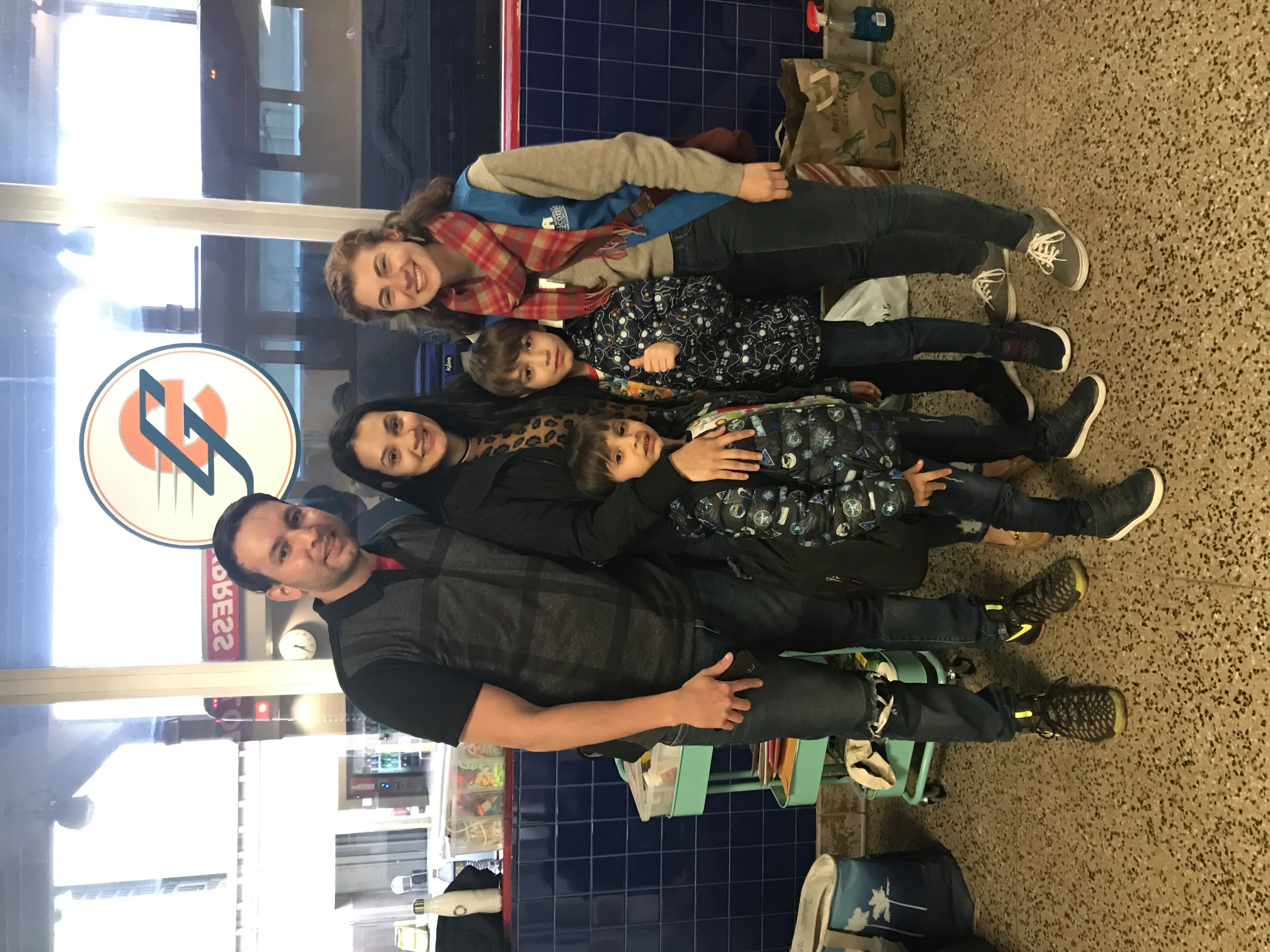
The family spent six months waiting in a shelter near the border in Nuevo Laredo not knowing their future and wondering each day if they had made the right decision to leave Venezuela. The mother told me that she and her boys would spend every day inside the shelter as it is not safe to walk around Nuevo Laredo. Sometimes her husband would leave the shelter and go buy food, and when he was late to return, she worried that something bad had happened. They only have one phone and would pass the time by giving each person in the family an hour on the phone to play games, watch movies, or text family members.
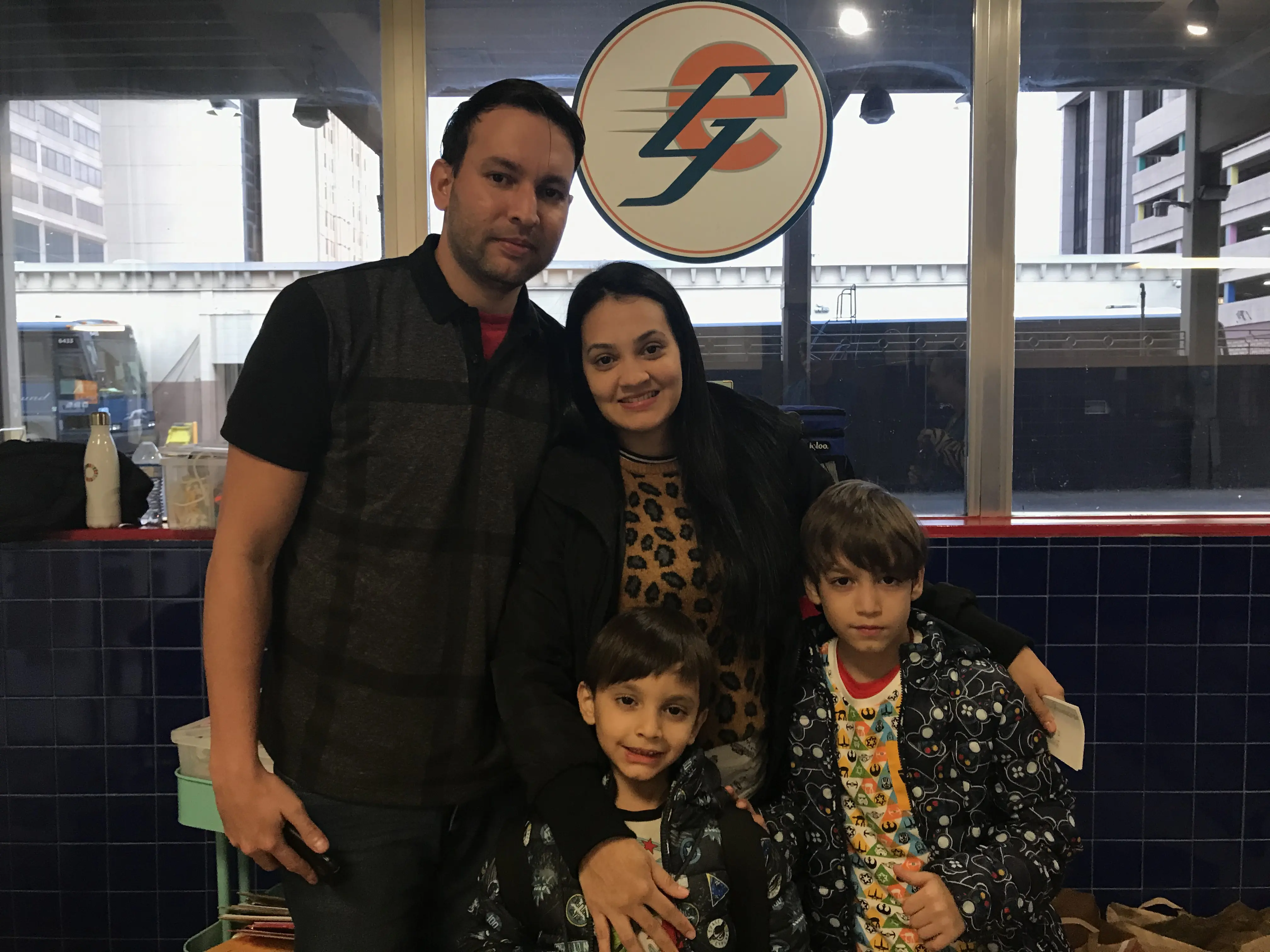
This is the first family I have ever met at the bus station that has already been granted asylum. Seeing the family’s asylum paper was a moment I will never forget. It is small and flimsy but holds incredible significance. Families travel thousands of miles for months and then wait for months in dangerous situations similar to the ones they fled in the first place for that small piece of paper. I asked the family what kept them going while they waited for nine months before being granted asylum, and they told me it was God. They were sure of their path and their journey with God and that He would see them through to be reunited with grandma and grandpa in the U.S.
One of my fellow IWC volunteers once told me that he looks for the God moments in each day. He said that he always forgets about this exercise until it happens right in front of him. On that particular day with the Venezuelan family, I knew I was witnessing a God moment. MPP is something that many of us in the asylum and refugee assistance networks feel strongly about. This one family is an exception to the norm; this instance shows us that while the system takes many months and leaves many families in danger on the Mexican side, it can work. And that gives me incredible hope. With this hope we can only move forward and continue welcoming our brothers and sisters and be witness to more God moments.
After completing a Master’s in International Development in Barcelona, Spain, Tatiana Hoecker currently works as a Consultant for Global Partnerships with The Episcopal Church. She’s been involved with mission work for the last 12 years in the Dominican Republic, Cuba, Uganda, the Navajo Nation, and especially in Honduras working in church planting, microenterprise and educational scholarships. With her parish, St. Francis by the Lake, Tatiana travels to serve meals to the over 1,500 asylum seekers waiting in Matamoros, Mexico with Team Brownsville. Additionally, she volunteers with the Interfaith Welcome Coalition in San Antonio at the Greyhound Bus Station assisting asylum seeking families on their journey.

